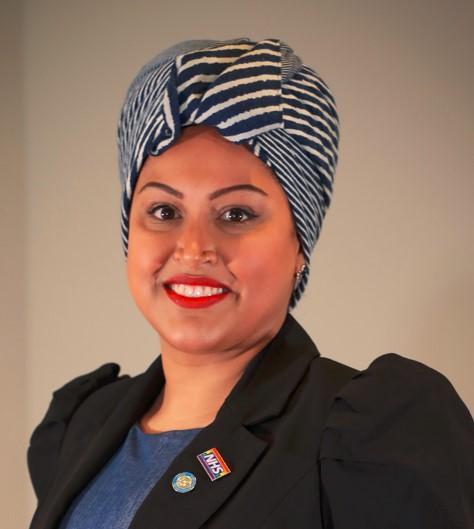Birth trauma report highlights “under-funded, under-resourced” maternity and postnatal care
A new report published today has called for the UK’s maternity and postnatal care to be overhauled, citing a worrying number of traumatic childbirths. The All-Party Parliamentary Group on Birth Trauma was set up by Theo Clarke, Conservative MP, following the difficult birth of her daughter. The report makes 12 recommendations, including the creation of a new maternity commissioner who would report directly to the Prime Minister. University of Bradford midwifery lecturer Assistant Professor Benash Nazmeen, who spent 10 years working on hospital labour wards before moving into higher education, gives her view on the report.

OPINION
Birth trauma is any physical or emotional distress you may experience during or after childbirth that impacts a person’s mental health, from anxiety, depression to post-traumatic stress disorder. Often, the people affected by this feel alone and try to self-manage this, due to distrust of healthcare professionals or the services.
Birth trauma doesn’t just affect individuals but families, and many people have this, but do not realise it.
What the report has highlighted is that healthcare professionals need more training to address issues before they arise, additional checks at the six-week appointment with the GP, improvement in postnatal services and the need to focus on the long term implications of unaddressed health trauma.
Maternity and postnatal provision within the NHS is suffering from under-staffing. It is under-funded and under-resourced and healthcare professionals are in survival mode. We need more staff, more investment in training, and more resources to tackle this issue.
As part of our midwifery programme, the University of Bradford offers postgraduate modules in trauma informed care and perinatal mental health, and we cover these topics in our undergraduate curriculums too.
It’s important we have reports like this because it brings oversight and acknowledges that these issues need addressing, and as healthcare professionals, we cannot address without investment and local services making prioritising them - this report makes it a priority.
Biography
Benash Nazmeen is a midwife, a mentor and currently works as an Assistant Professor in midwifery education at the University of Bradford’s Faculty of Health Studies.
She is passionate about addressing health inequalities & invested in improving maternity services for those we care for and those who work in them.
She has co-designed and runs Cultural Competency and Safety Workshops for maternity health care professionals. This successful course has been used as a case study of good practice for the NHS Equity and Equality Guidance for Local Maternity Systems, September 2021.
She co-founded The Association of South Asian Midwives (ASAM), which supports marginalised midwives and raises awareness of barriers faced by diverse communities.
Benash is also co-chair for the Racial Injustice in UK Maternity Services Inquiry by Birth Rights Charity. She sits on the MBRRACE-UK Perinatal Confidential Enquiry Review Panel, the NHS Race & Health Observatory maternity stakeholder group and is a trustee for the Iolanthe Midwifery Trust.
Benash is also a Fellow for the Royal College of Midwives, was shortlisted for the "RCM Race Matters awards 2021" and winner of the "Ground-breaking Researcher" award at the BAME Health & Care awards 2022.
